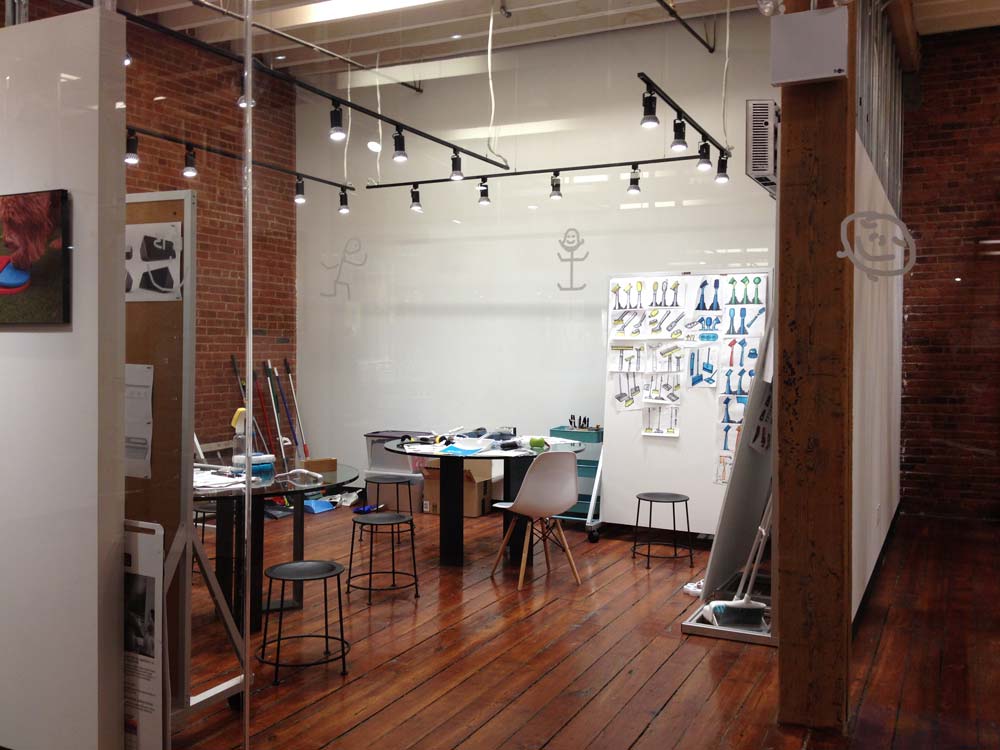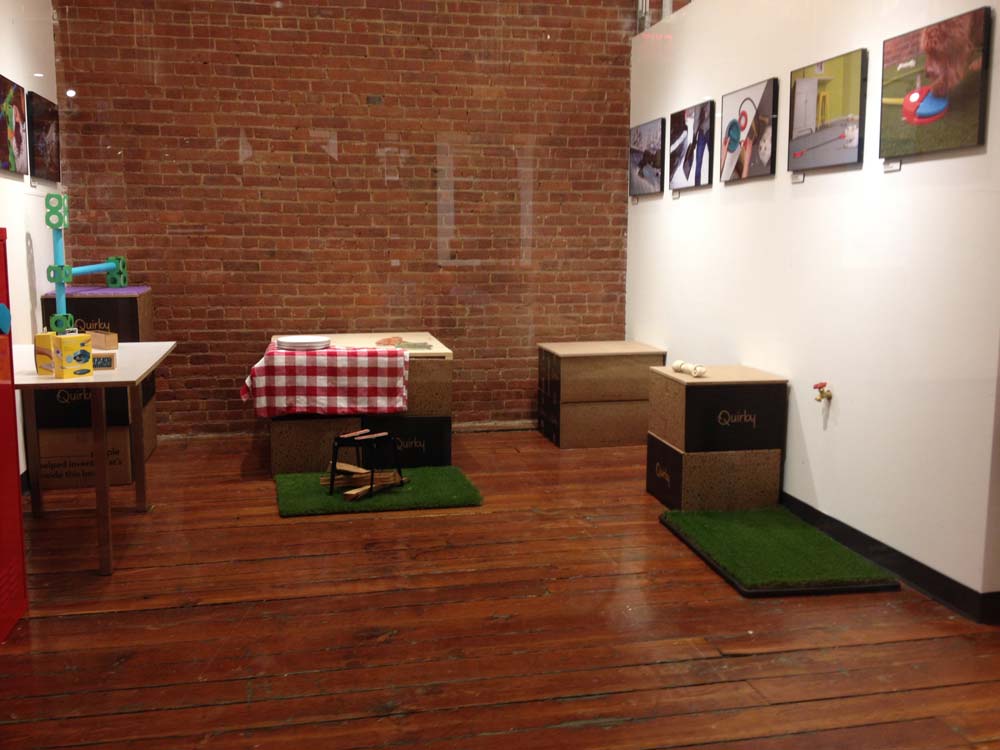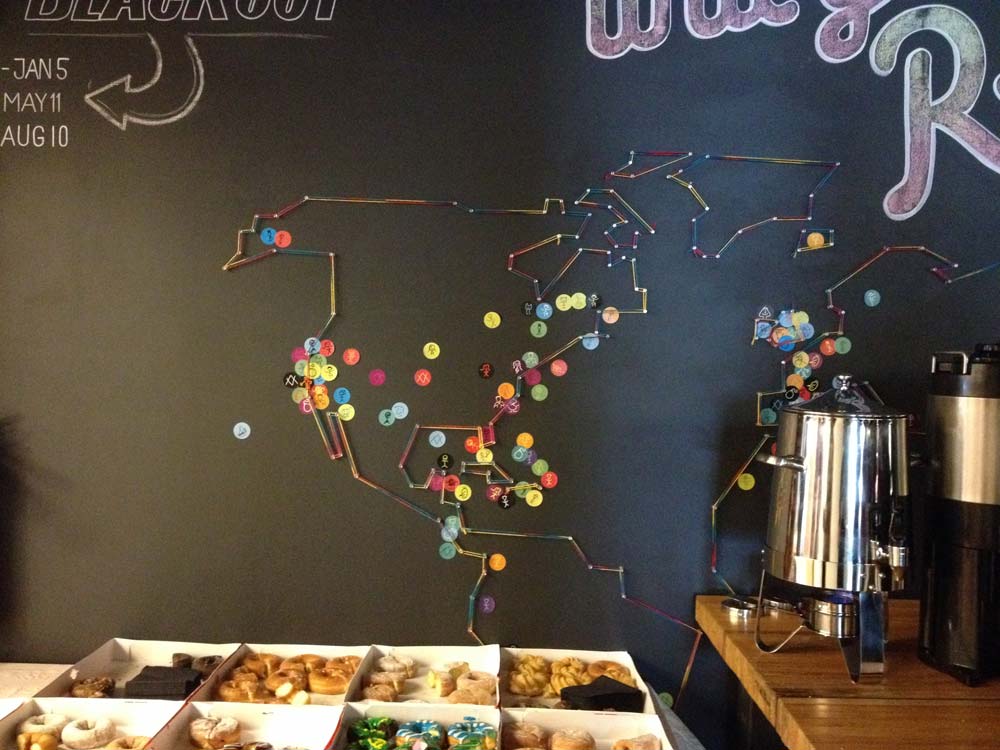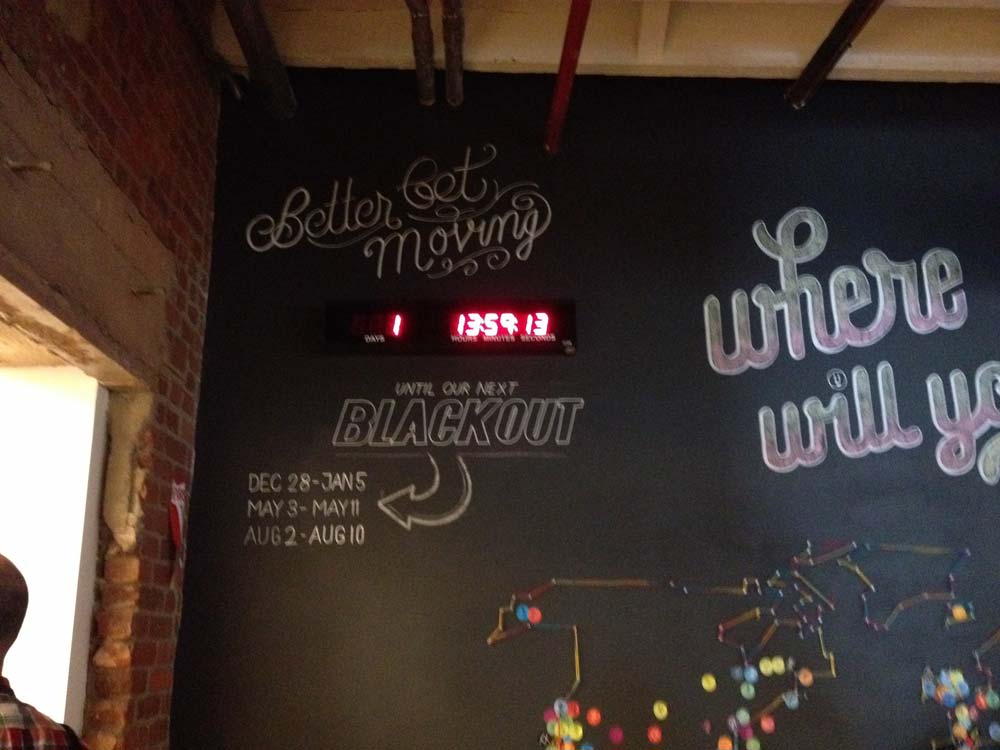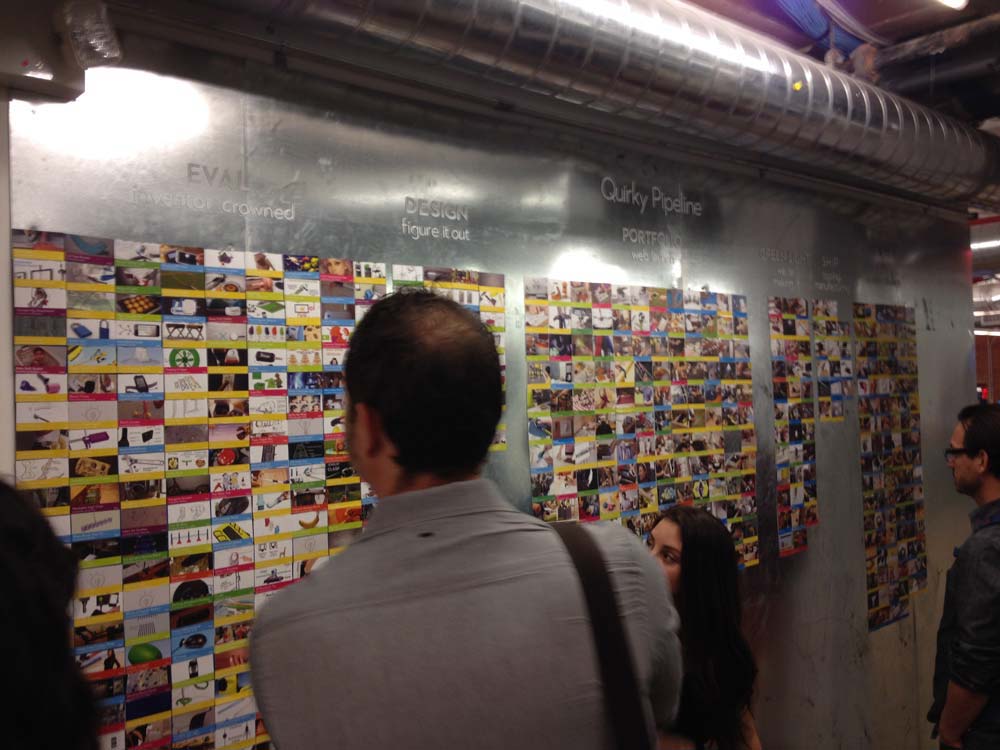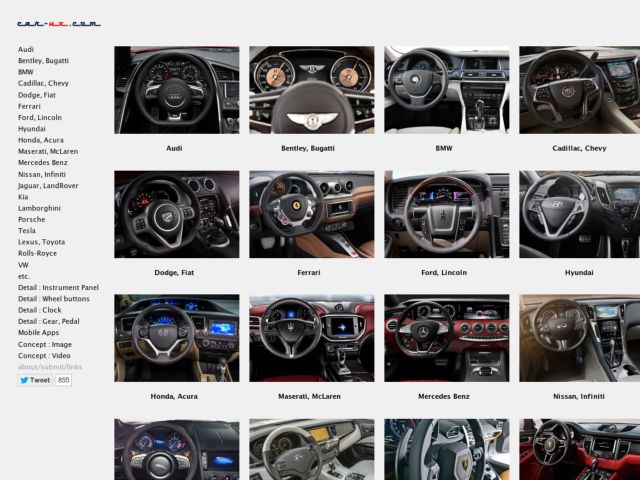These is part 1 of my notes from day 1 of the 99u, which began with some great talks about how we work. I'll post part 2 for the talks on how we lead in a later entry.
This set of talks featured Joshua Klein talking about the power of networks, Sarah Lewis talking about the importance of personal space, and Wendy MacNaughton talking about the power of listening.
Joshua Klein
Joshua Klein is a hacker/technologist. He's known for his Ted talk about crows, for the National Geographic show "The Link."
Klein talked about ntwrkr, his current project, to tell us how he began rethinking networking. He says he didn't know enough to crack the big data problem he was trying to solve with the product, so he kept giving up. What he discovered however, by talking about the project when people asked about it, is that repeated conversations with his friends and colleagues led to valuable connections that turned an idea that he was sure was dead in the water into a living and viable product.
Takeaways:
- We shouldn't take for granted the value of our connections. Connections to people are the most important and often overlooked part of success.
- Optimize your relationships first.
- Don't be afraid to start sharing sooner. Share early and often with anyone who will listen.
Sarah Lewis
Artist and art historian Sarah Lewis writes about creativity, and in her book, The Rise, she talks about how failure is an essential part of the creative process. Lewis followed Joshua Klein's talk with an interesting counter-point to his thoughts about looking outside ourselves. She talked about treating our personal domains with near sacredness.
She told an interesting story about an email survey that a film executive sent around to colleagues to find out what their favorite un-produced screenplays were. The survey was dubbed the Blacklist, and the results became a tallied list that identified scripts that went largely unnoticed by the production machine until then. Films like The King's Speech, American Hustle, Juno, and Slumdog Millionaire came from that list. This story pointed out that what individuals feel and think can often differ greatly from what we say operating within a group.
She showed some examples of private domains, including a picture of Albert Einstein's desk. She told the story of Einstein, the patent office clerk who called the job "a worldly cloister where he hatched his most beautiful ideas." The theme of personal space and cloisters of the mind is something she found common among creative people in her research.
We need to honor our inner world as much as we do our networking. You need both obviously, and this doesn't downplay the importance of our networks. But I liked that she reminds us not to belittle the importance of the inner world, particularly at a time when group think is so easy to fall into.
- Putting out something that's new in the world requires a temporary removal from it.
- Creatives need private domains to incubate ideas. Private spaces develop in us so we have the bravery to see the world differently.
- We need private spaces to help our creative process, and to free us from group-think.
- Seeking an audience prematurely can disconnect us from ourselves. Honor your inner world.
I like how this talk followed Klein's to provide what felt like a contradiction on the surface, but was obviously meant to convey the importance of both.
Takeaways:
- Utilize personal spaces that are only for work.
- Honor the interior world required to be creative
- Solitude is as important as your network
To check out:
- Sarah Lewis' Ted talk, "Embrace the near win"
- Brainpickings
Wendy MacNaughton
Wendy MacNaughton is an illustrator and published Meanwhile in San Francisco: The City in its Own Words, a book of illustrations that feature vignettes of life in San Francisco.
McNaughton talked about her series of captioned drawings of SF life, and what happened when she started interacting with strangers and let people write the stories for themselves, in their own words. She had fantastic anecdotes about putting herself in uncomfortable and unfamiliar places and learning about people's experiences.
She went to a sketchy and presumably "unsafe" corner where she drew people and found them eventually seeking to have their portraits drawn and to tell their stories. She was invited by a friend into the mahjong parlors of Chinatown where she got the honest opinions of the players in those cloisters that go unnoticed by outsiders.
Something about her journey of freeing herself from her personal view (I guess this could be called the cloister too) to be let into others seemed to be incredibly liberating to her work. I loved how this talk sort of bookended Lewis' by looking at how creative work can benefit so greatly by openness and venturing into unfamiliar territory.
Takeaways:
- It's incredible what happens when we stop assuming we know what's going on.
- Get out of our own heads and listen.
